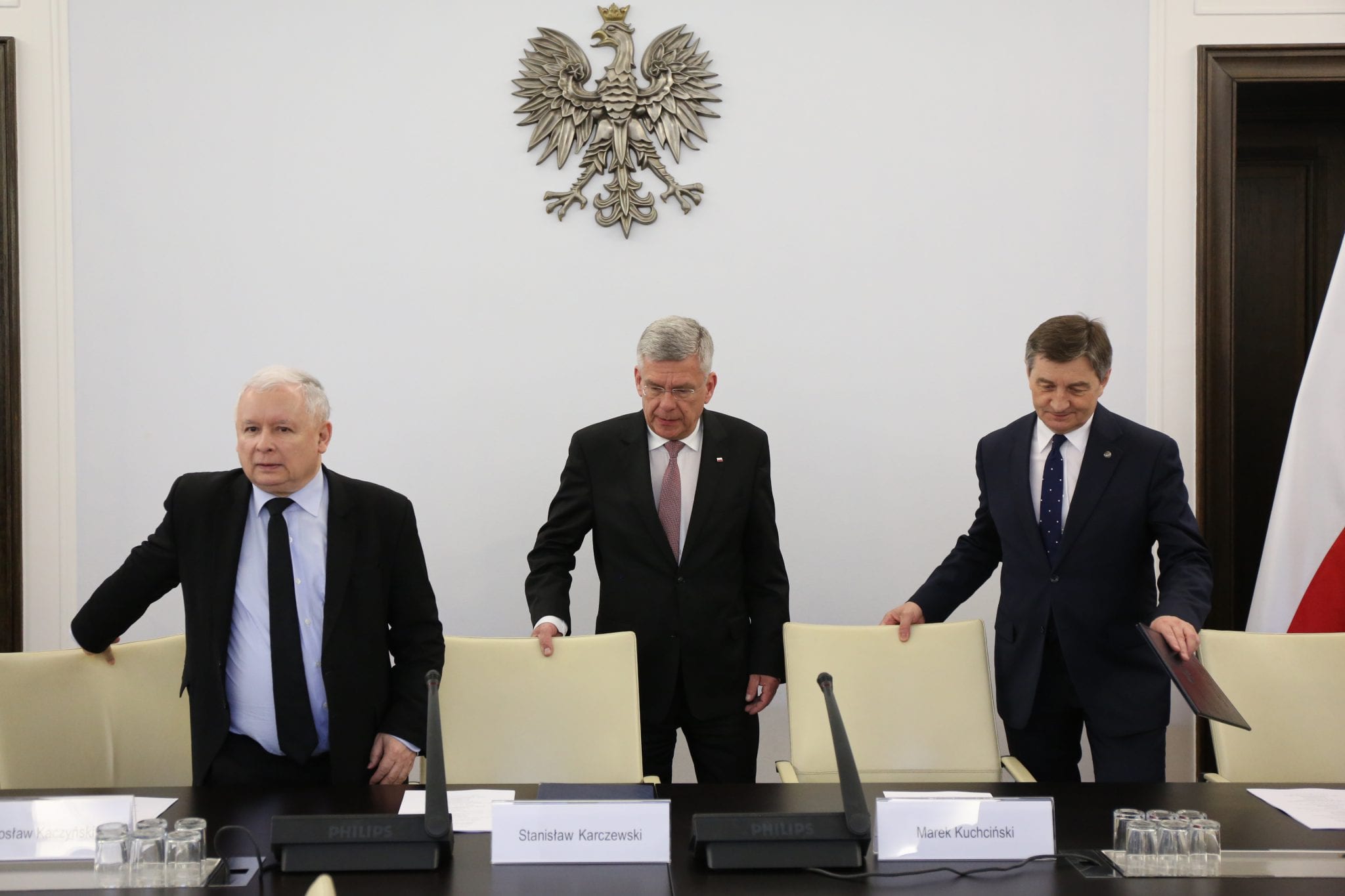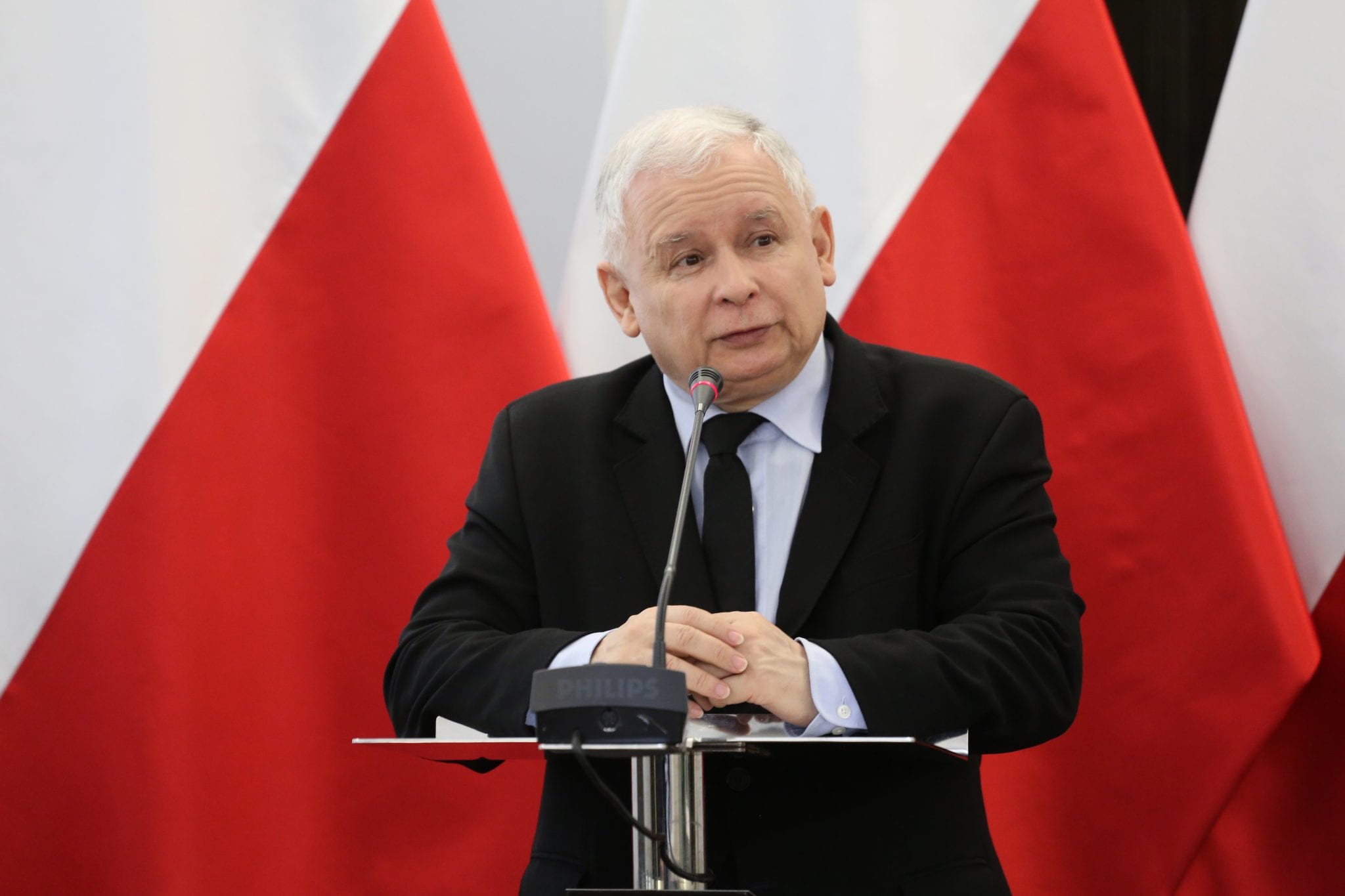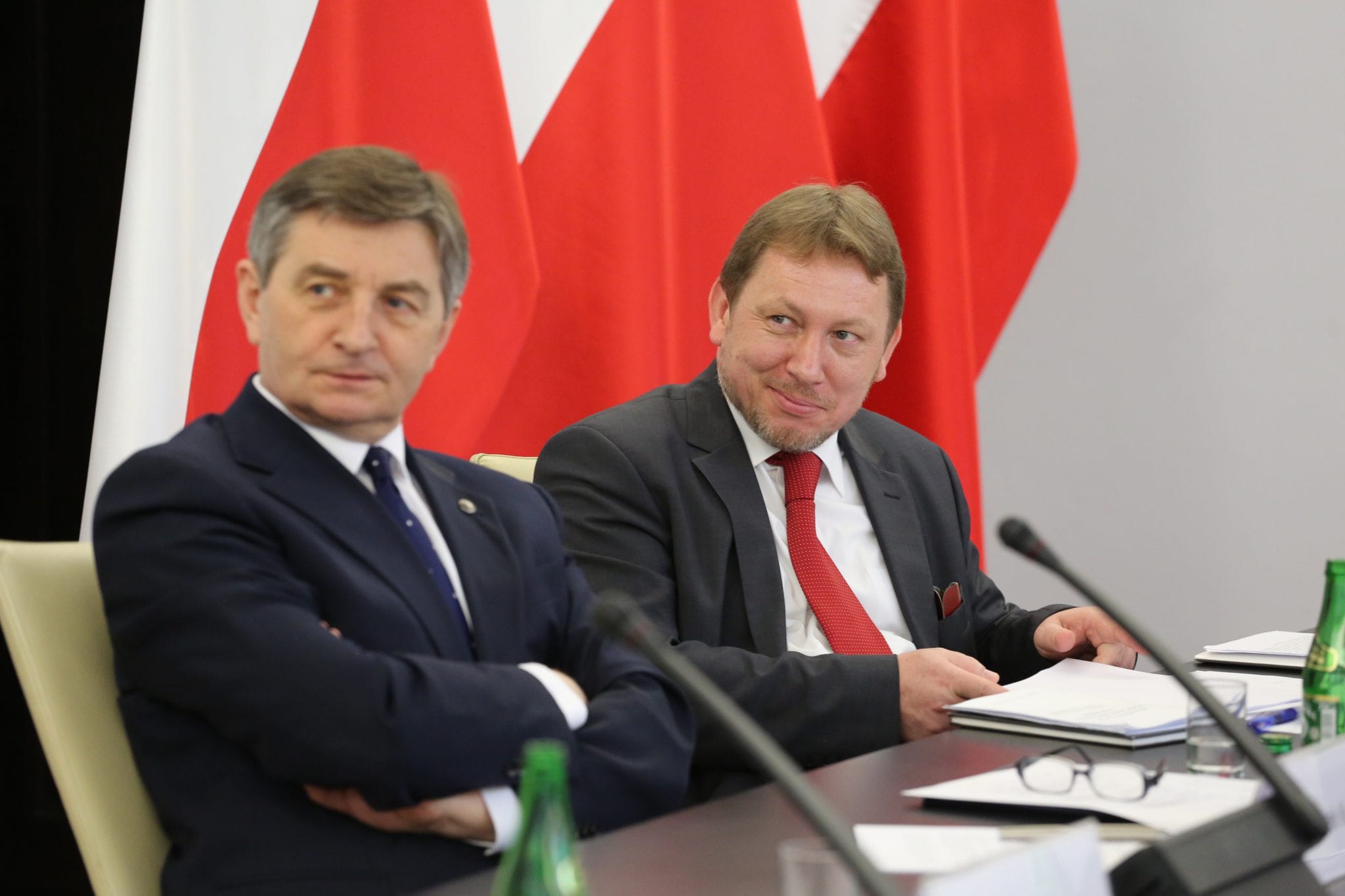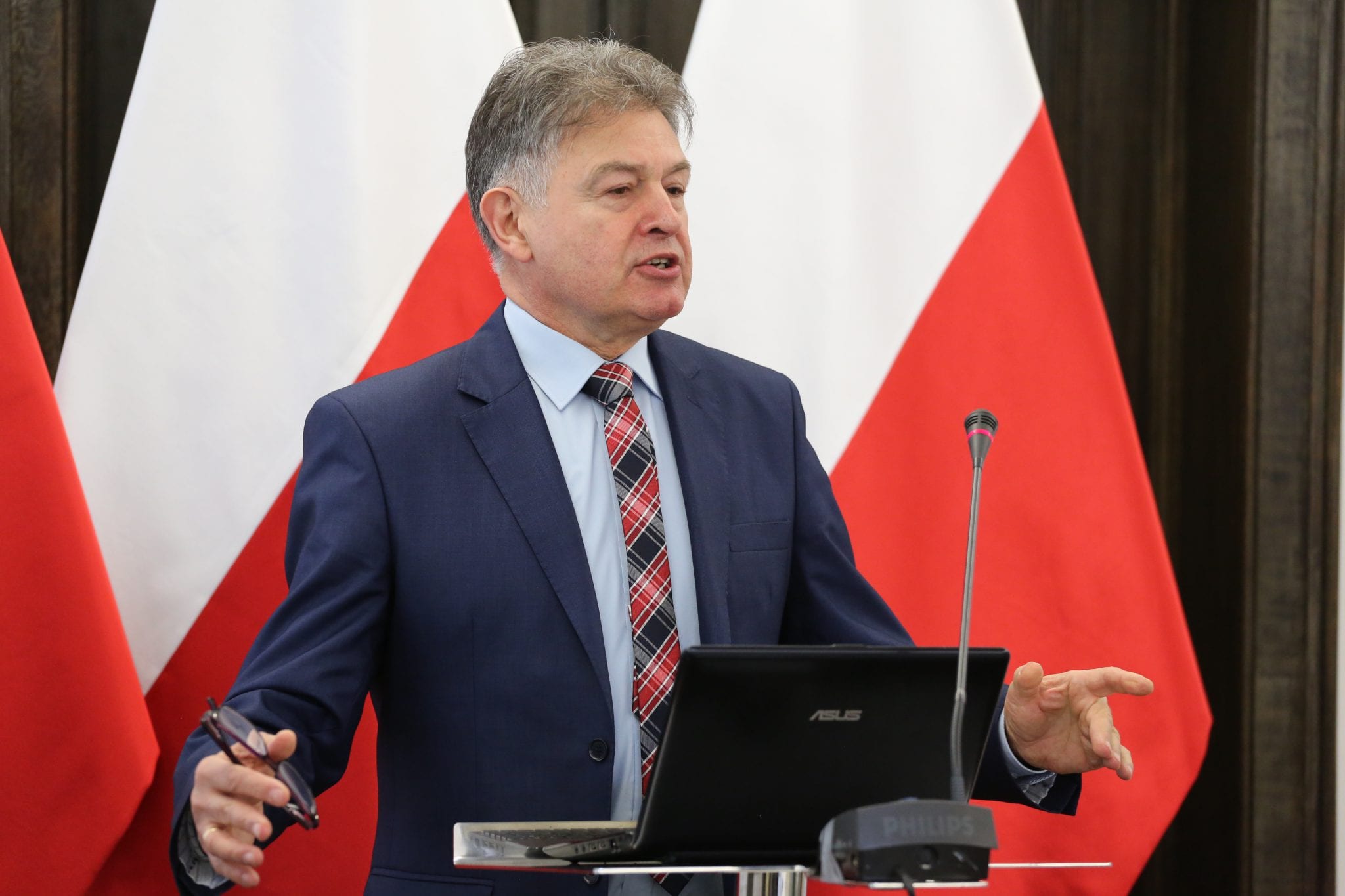On the occasion of the 20th anniversary of the enactment of the Constitution of the Republic of Poland, an alternative project of the Constitution was discussed. The project was prepared in 1994 by the Social Constitutional Commission, commissioned by the National Commission of the Solidarity Trade Union with the cooperation of the Secretariat of the Center-Right and Independence Groups.
During an academic conference organized in the Senate entitled THE CONSTITUTION OF SOLIDARITY, there were many opinions about the post-communist character of the current constitution and the need to think about what should be changed in it. The Speaker of the Sejm Marek Kuchciński He proposed a different perspective on the Basic Law. - It is worth recalling, for the first time in this way and in this place, that it was not a non-alternative act," said the Speaker. - Nor was it an act that received the unquestioning support of Poles at the time. It is worth recalling that the work of the then National Assembly was supported by just over half of those who took part in the constitutional referendum. The National Assembly itself, which adopted the contents of the Constitution, lacked representatives of more than a third of the voters who cast their votes in the parliamentary elections of 1993, which constituted the composition of the Sejm and the Senate, and consequently of the National Assembly itself, which adopted the Constitution 4 years later - on 2 April 1997 - Kuchciński argued. - The Citizen's Draft of the Constitution of the Republic of Poland appeared against the background of the not very strong social legitimacy of the then parliament. The strength of this voice - said the Marshal - was visible in the great scale of the support for the Civic Project of the Constitution, which in a short period of time collected nearly 2 million signatures of support from the citizens. For this reason alone it is worthwhile to recall this draft of the Polish Constitution, to recall the voice of those who wrote and presented it. It is also worthwhile to reflect on the political and social proposals contained therein, on the vision of our national community and the Polish state. It is worth reflecting upon what in this vision has a permanent value, which has not yet been constitutionally realised, and which is worthy of such realisation in the future. The Constitution is not a grave stone, closing the history and discussion on the Basic Law, but it is a milestone on the Nation's path towards the future, towards a better, fairer and more solidary Polish State - said Kuchciński.
Speaker of the Senate Stanislaw Karczewski He argued that 20 years is a good time to think about how to change the Constitution, to make it better for Poland and Poles, to make it better for our sovereignty, for our state. Our country should be strong not only internally, but also strong in its region, strong in the European Union, and strong in Europe.
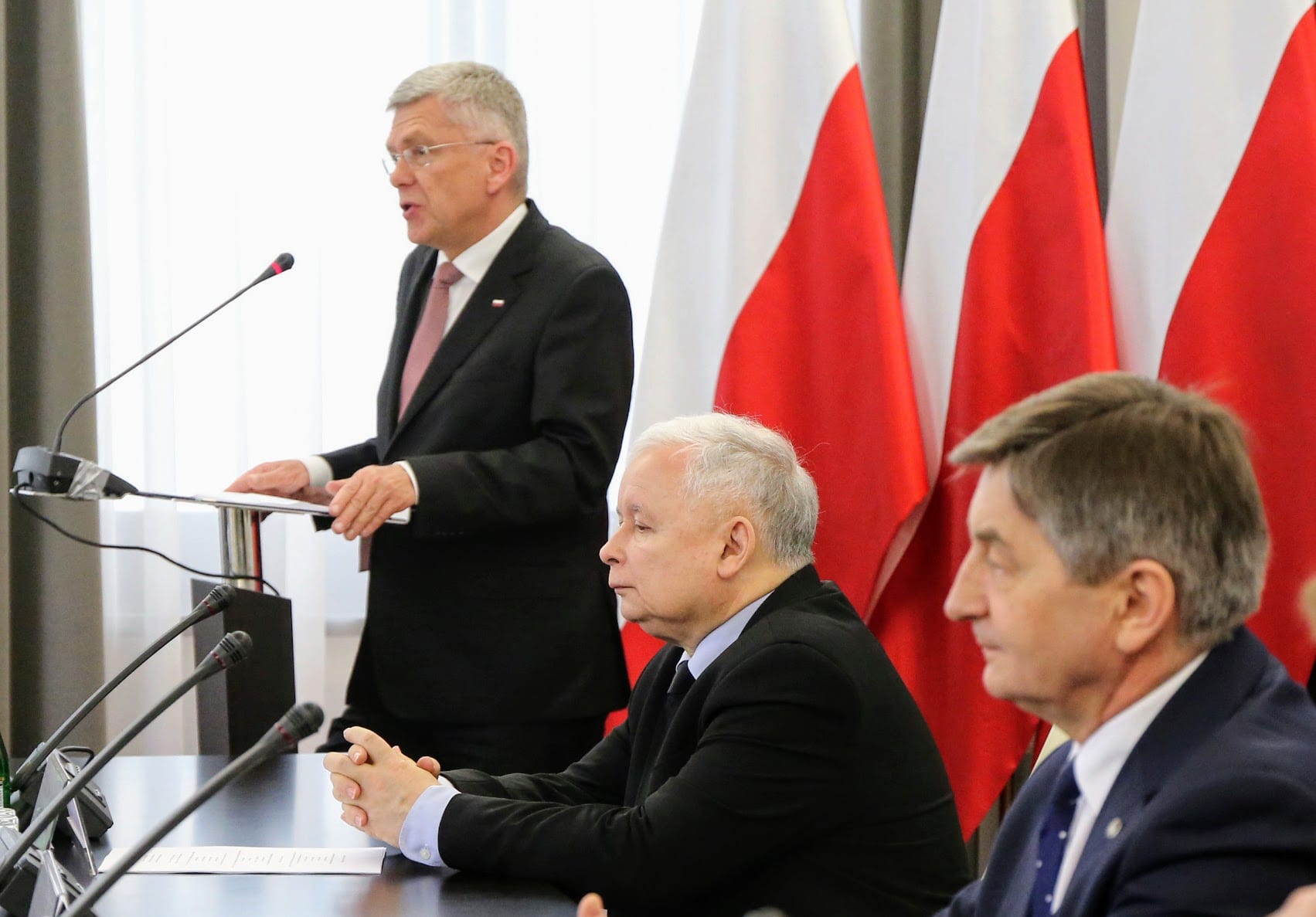
Special guest of the conference Prime Minister Jaroslaw Kaczynski He assessed that the constitution contains a lot of blockages, which make it impossible to reject certain elements of this social system. He stressed, however, that it was good that the constitution was passed, because it was the only moment in which it was possible. - In no subsequent parliament was such a possibility realistically possible," Kaczyński said. - The constitution had already been passed in new circumstances, after the so-called political transformation, and this is one of its few advantages - said the Law and Justice president.
Prof. Jan Majchrowski: The draft was written in the early 1990s. Our constitutional experience was different than it is today. We had twenty-odd years of a very different reality behind us. A different generation of lawyers, untainted by communist constitutionalism, has come to speak.
President Marian Krzaklewski: One could choose between two drafts of the constitution - the Citizens' and the National Assembly's, it was a matter of good will. There was no 50 percent threshold in the 1997 constitutional referendum.
The conference included three panel discussions with the participants of the work on the civic project of the Constitution. The discussion about the genesis and fate of the project was led by the then chairman of NSZZ "Solidarity" and the Social Constitutional Committee Marian Krzaklewski, its coordinator mec. Andrzej Rościszewski, one of the initiators of the project mec. Kazimierz Barczyk and Secretary of the Social Constitutional Commission Michael Drozdek. The next panel was devoted to the vision of community, state and law in the civic project. This was discussed by former Prime Minister mec. Jan Olszewski (in a special letter read by Prof. Jan Majchrowski), former Minister of Defense in Jan Olszewski's government, Dr. Jan Parys, former senator mec. Piotr Andrzejewski and prof. Jan Majchrowski. The civic project as the "Solidarity Constitution" - the social, social and trade union dimensions of the project was the subject of the third panel of the conference with the participation of MP Józefa Hrynkiewicz, deputy Ewa Tomaszewska, the MP Andrey Smirnov and prof. Leszek Graniszewski.


